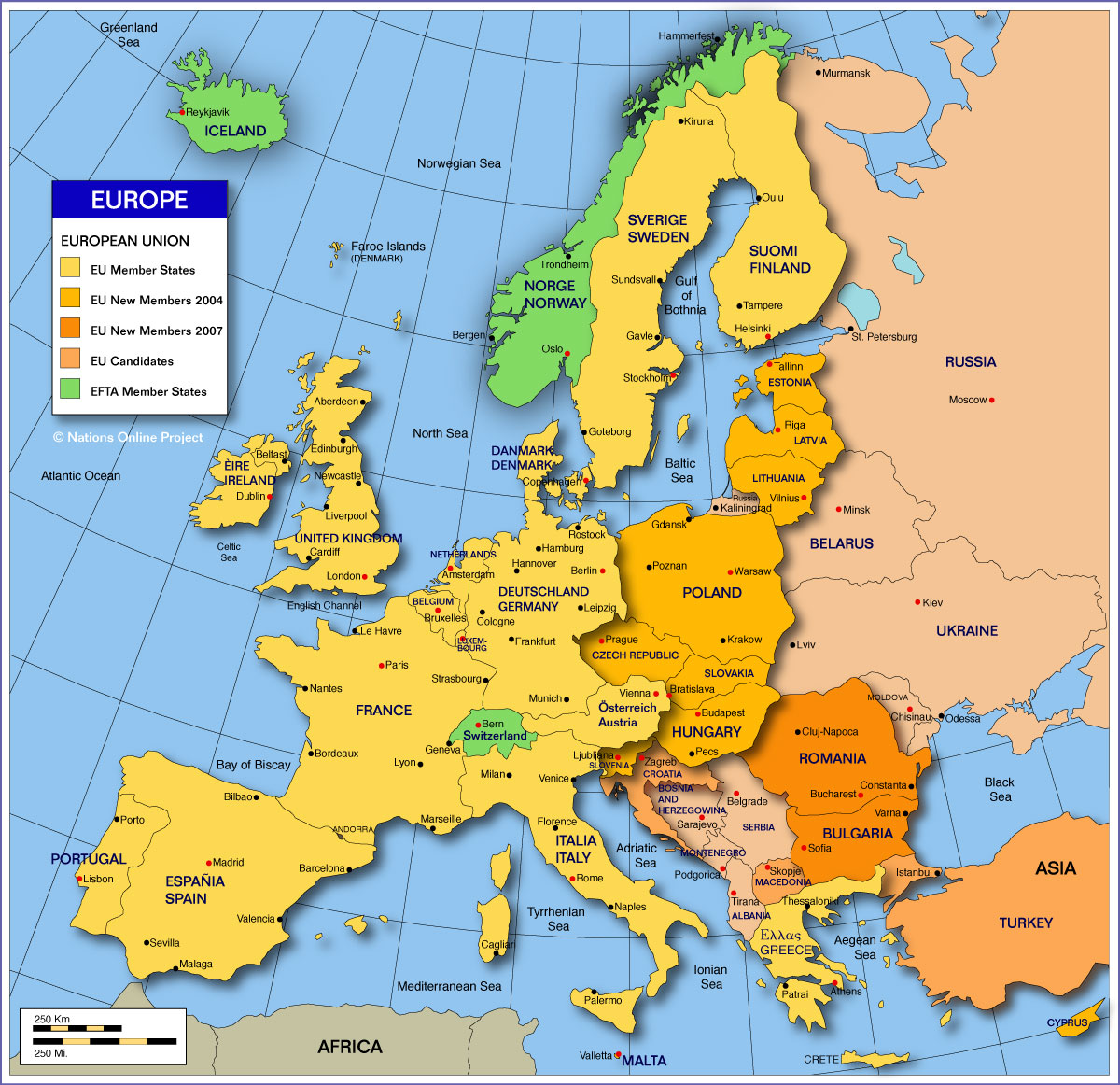Investing
Europe Paints A Bleak Picture Of Its Own Prospects
Published:
Last Updated:
 EuroStat, the statistics bureau of the EU, reports a sharp increase of both the region’s deficit to GDP ratio and debt to GDP ratio calculated for last year.
EuroStat, the statistics bureau of the EU, reports a sharp increase of both the region’s deficit to GDP ratio and debt to GDP ratio calculated for last year.
“In 2009, the government deficit and government debt of both the euro area and the EU27 increased compared with 2008, while GDP fell. In the euro area the government deficit to GDP ratio increased from 2.0% in 2008 to 6.3% in 2009, and in the EU27 from 2.3% to 6.8%. In the euro area the government debt to GDP ratio increased from 69.8% at the end of 2008 to 79.2% at the end of 2009, and in the EU27 from 61.8% to 74.0%.”
Investors’ fears about the economic state of the region have been proven by the numbers. The question is what effect the information will have on the fate of the eurozone and the euro itself. The ratios for the region were driven up in part by two countries. “In 2009 the largest government deficits in percentage of GDP were recorded in Greece (-15.4%), Ireland (-14.4%).”
The data shows what has happened in the past and recent information from Portugal, Ireland, and Greece show what is likely to happen now. EU officials are practically begging Ireland to take financial aid before its situation spirals out of control and scares investors away from the region’s sovereign paper again.
The prime minister of Portugal said his country’s problems were dire enough to possibly cause its expulsion from the eurozone, if the country does not decide to quit on its own. Recent reports from Greece are that it missed its budget and deficit targets. The Greek deficit number was recently raised to 15.4% of GDP. It is expected to be 9.4% this year. This could cause a sell-off of its debt or a need for promises from the EU and IMF that they will extend the period over which the southern European nation can pay back its obligations. Germany has already turned down the idea that Greece should get special treatment. As the largest economy in the region, its veto power holds great strength.
Austerity has also become increasing unpopular in nations which are in the process of deficit reduction. Voters who have seen plans to cut their wages and push up that age at which they can retire are in the streets and at the polls to get their governments to change their minds. The Irish government could fall within a matter of months and be replaced by one that will not embrace austerity.
Two months ago, the plans for improving national debt within the regions seemed to hold out hope. The new data on 2009 debt and deficit problems show the trouble was worse than expected. That means the effort to crawl out of the sovereign debt hole will be harder because it is unexpectedly deep
Douglas A. McIntyre
The Average American Is Losing Momentum On Their Savings Every Day (Sponsor)
If you’re like many Americans and keep your money ‘safe’ in a checking or savings account, think again. The average yield on a savings account is a paltry .4%1 today. Checking accounts are even worse.
But there is good news. To win qualified customers, some accounts are paying more than 7x the national average. That’s an incredible way to keep your money safe and earn more at the same time. Our top pick for high yield savings accounts includes other benefits as well. You can earn a $200 bonus and up to 7X the national average with qualifying deposits. Terms apply. Member, FDIC.
Click here to see how much more you could be earning on your savings today. It takes just a few minutes to open an account to make your money work for you.
Thank you for reading! Have some feedback for us?
Contact the 24/7 Wall St. editorial team.